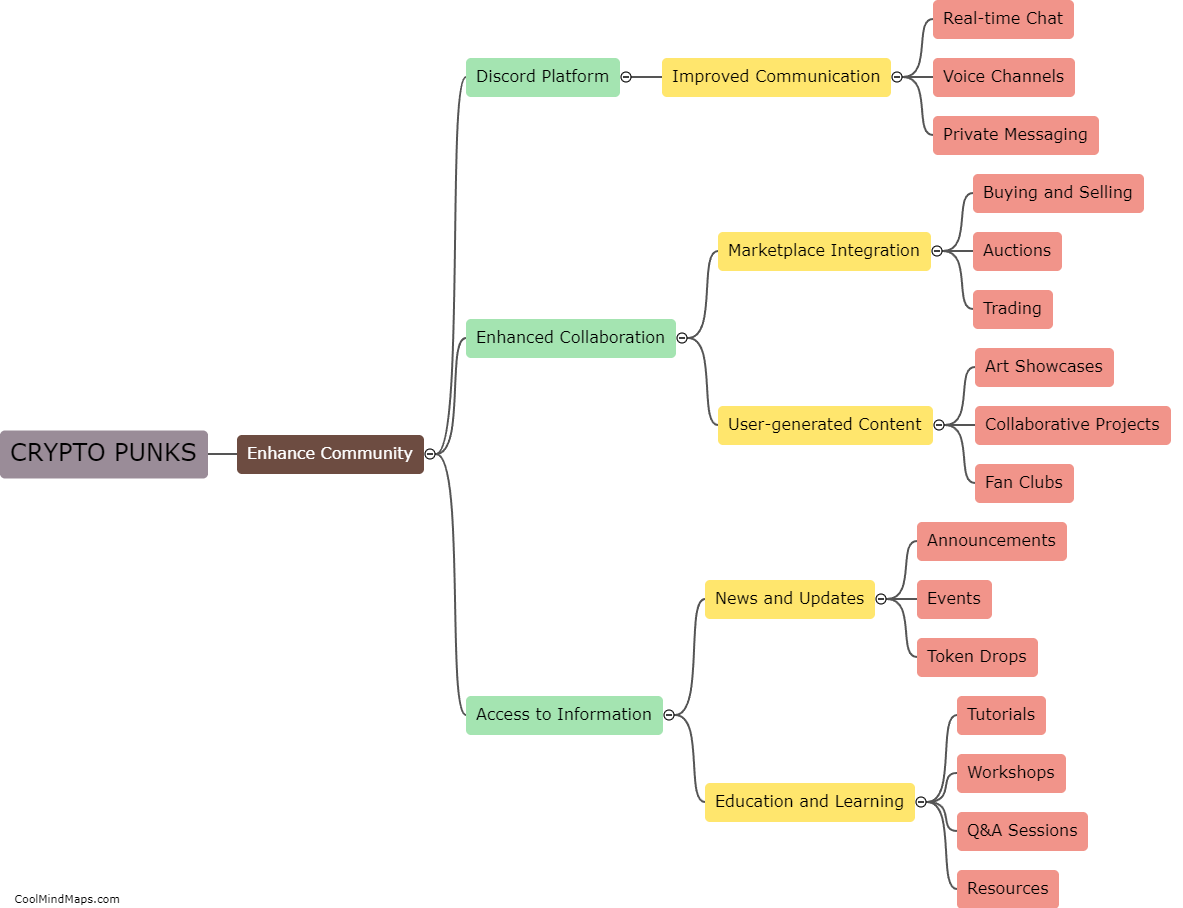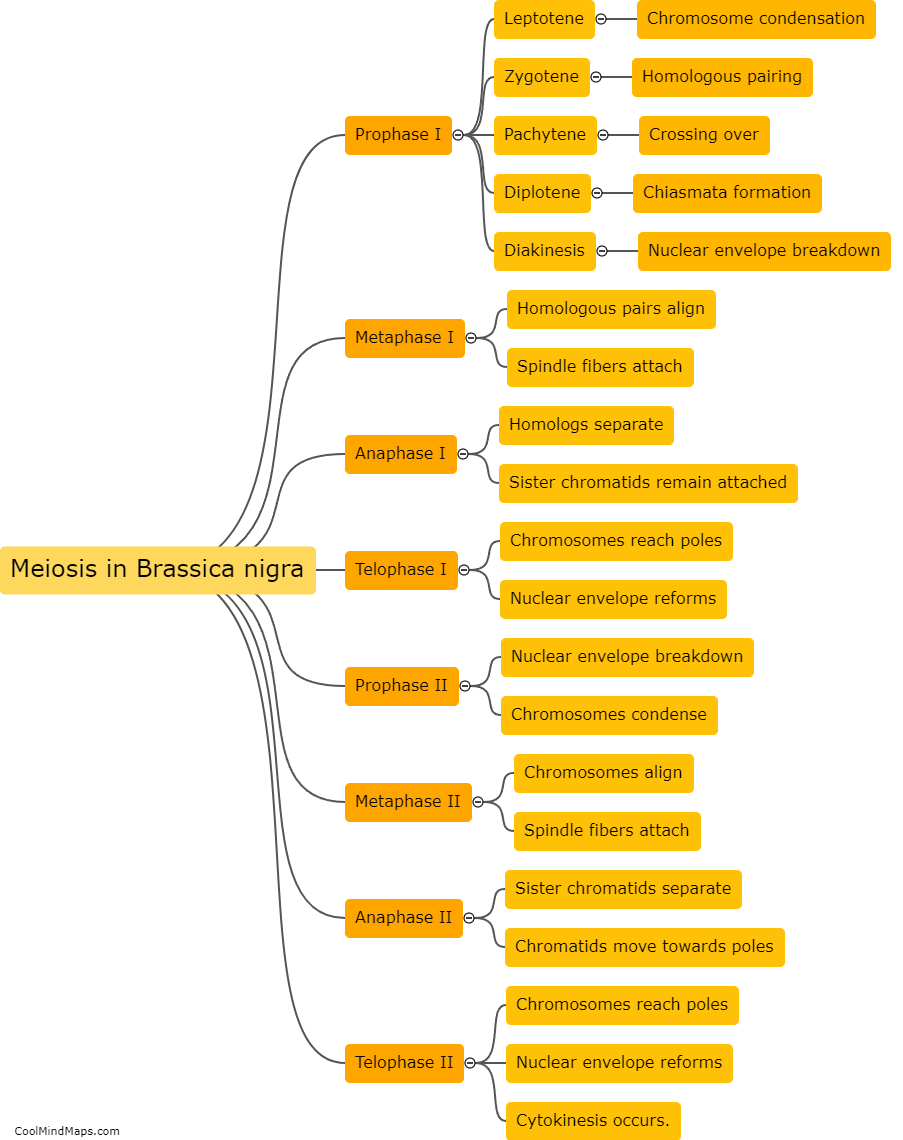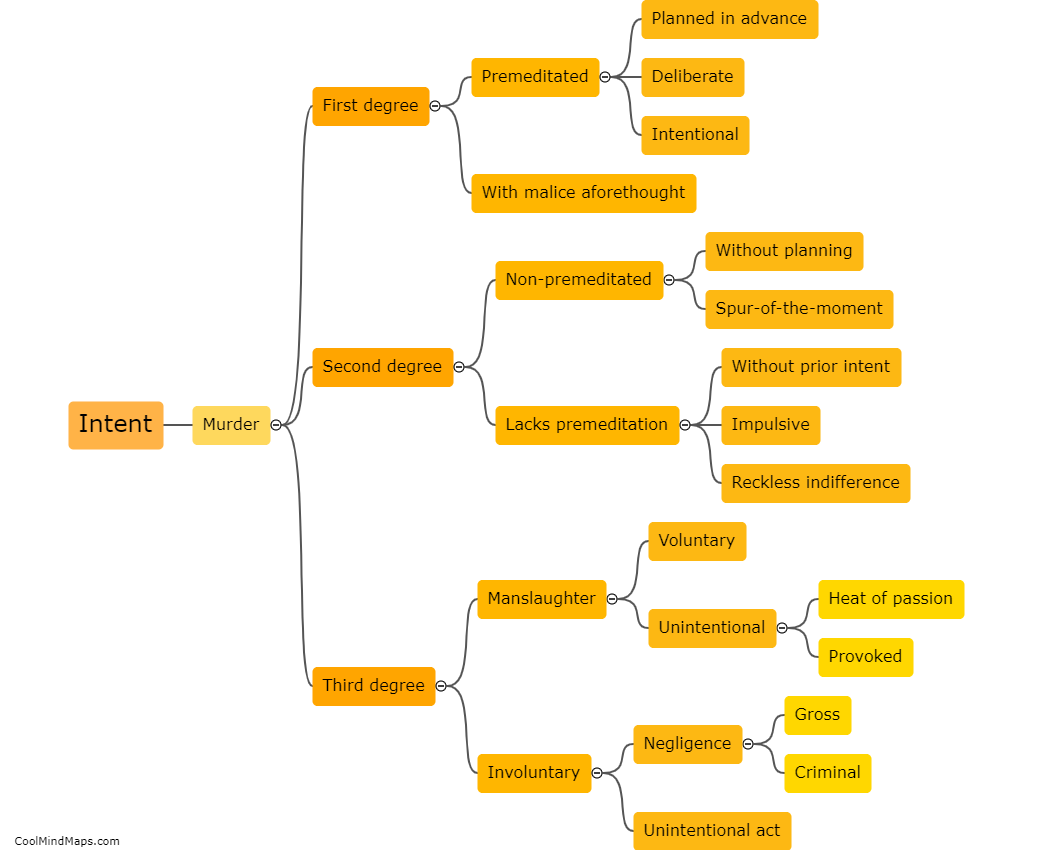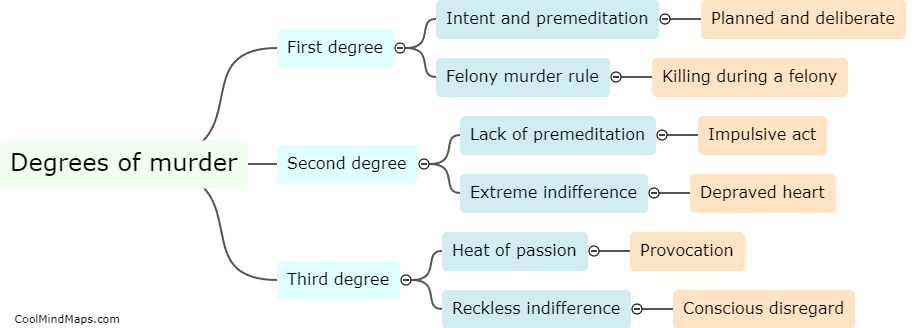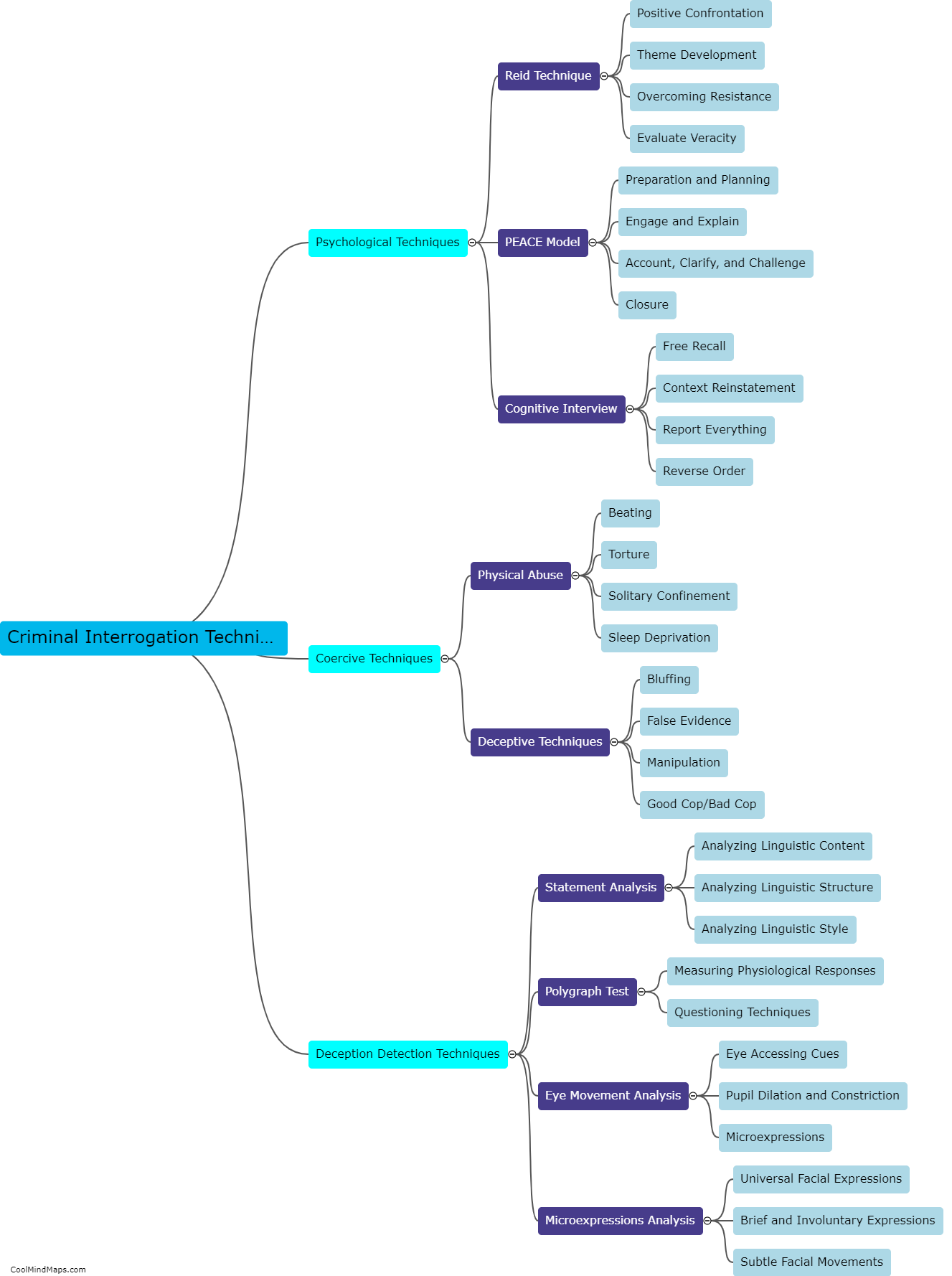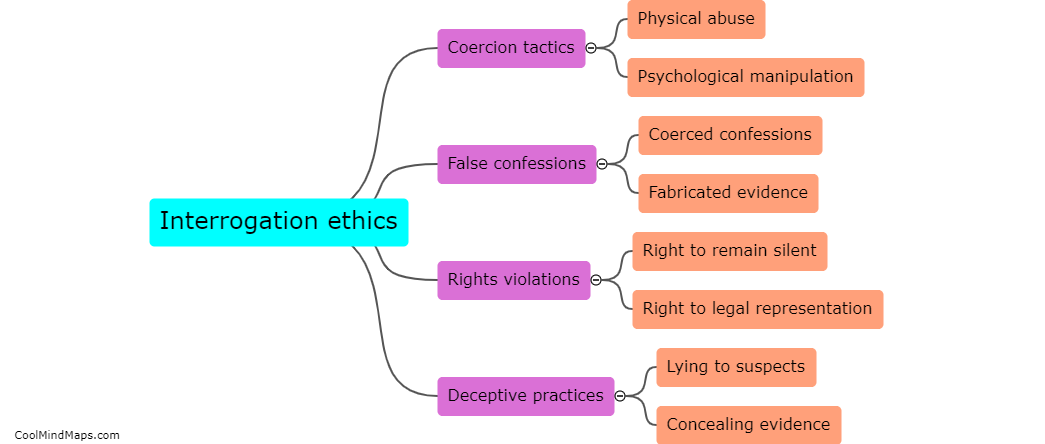How can investigators detect deception during interrogation?
During an interrogation, investigators employ various strategies and techniques to detect deception and gain truthful information from suspects. One such approach is observing nonverbal cues, such as body language and facial expressions, as they can reveal signs of discomfort, anxiety, or inconsistencies in the suspect's statements. Investigators may also analyze verbal cues, including pauses, inconsistent statements, or excessive details, which could indicate the suspect's attempt to conceal or manipulate the truth. Additionally, interrogators may use psychological tactics like presenting evidence or alternative scenarios to assess the suspect's reaction and gauge their honesty. Moreover, investigators may employ advanced technology, such as eye-tracking devices and voice stress analysis, to determine the credibility of a suspect's responses. By combining these methods, investigators can enhance their ability to identify deception and uncover the truth during interrogations.
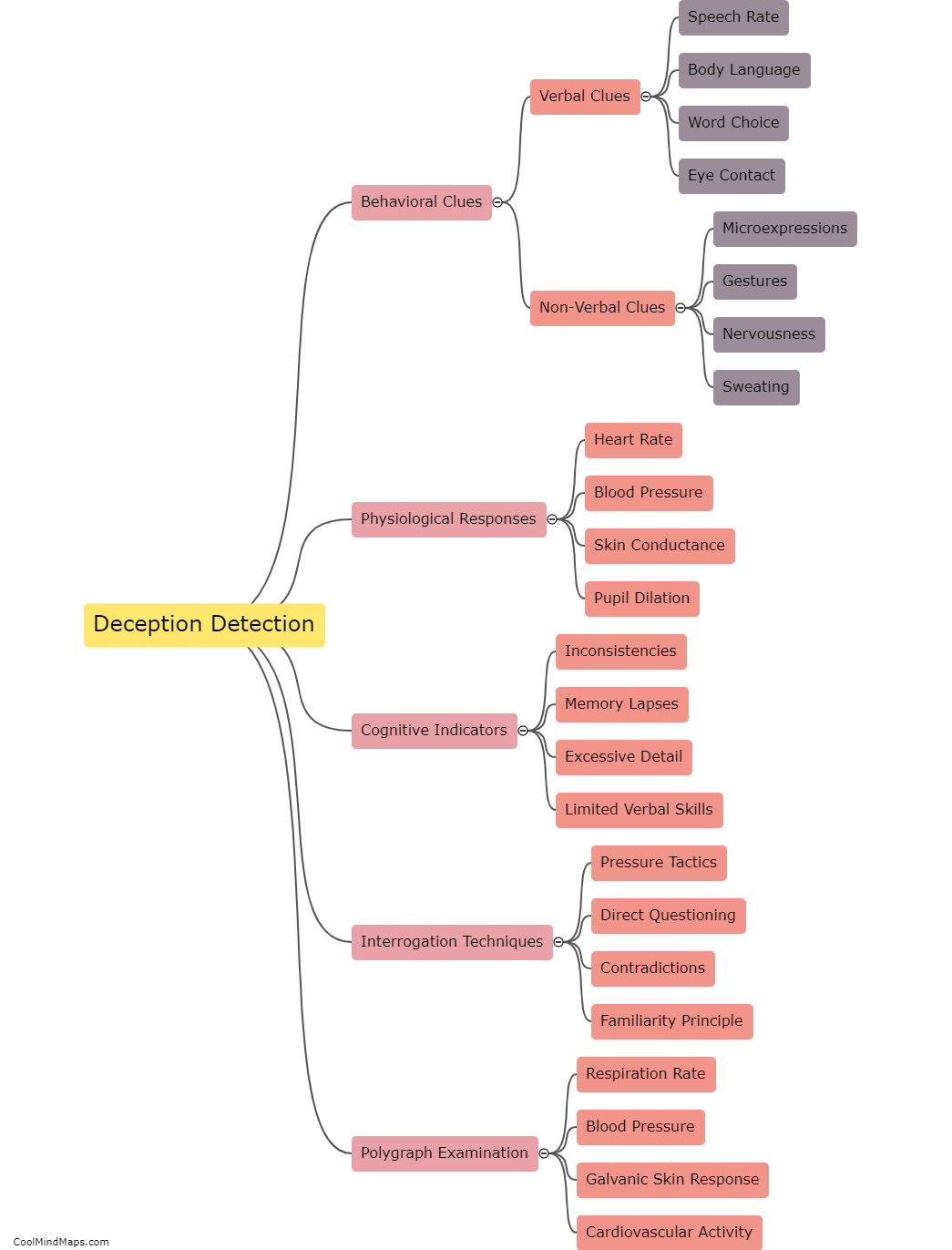
This mind map was published on 4 December 2023 and has been viewed 99 times.


